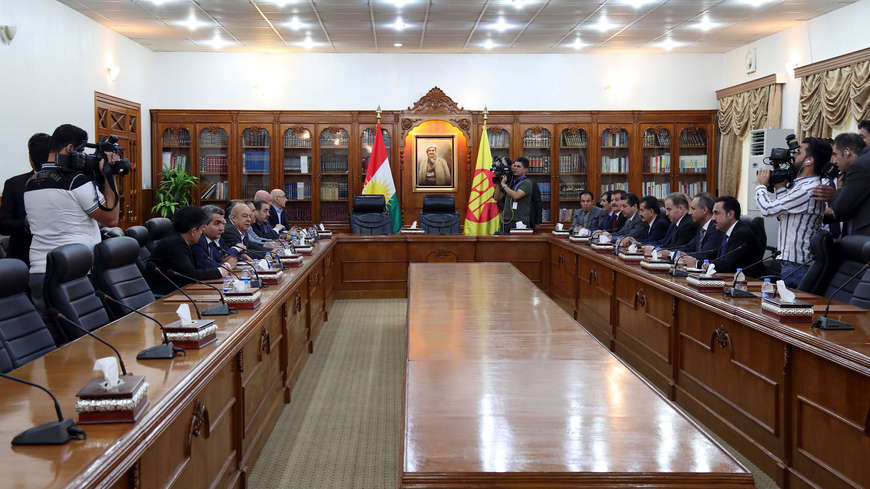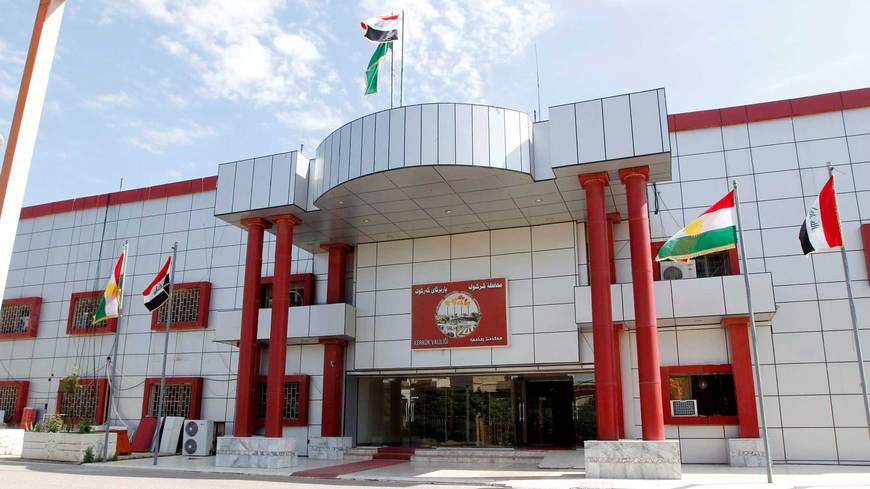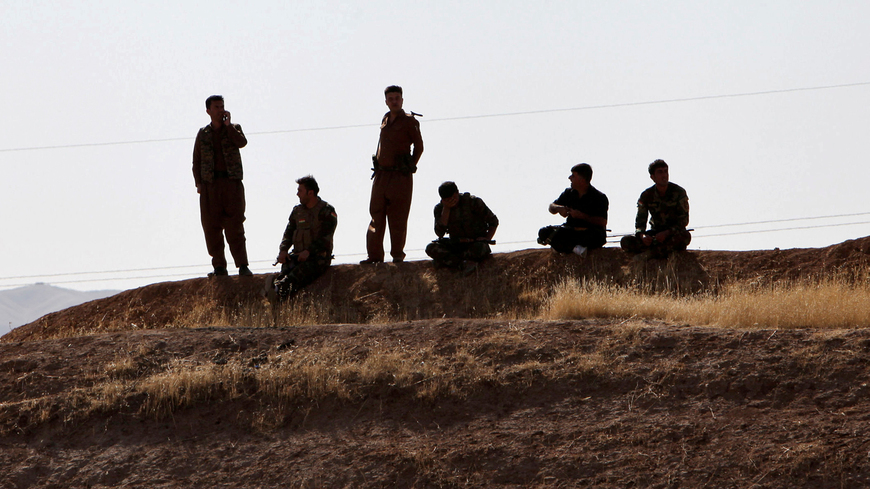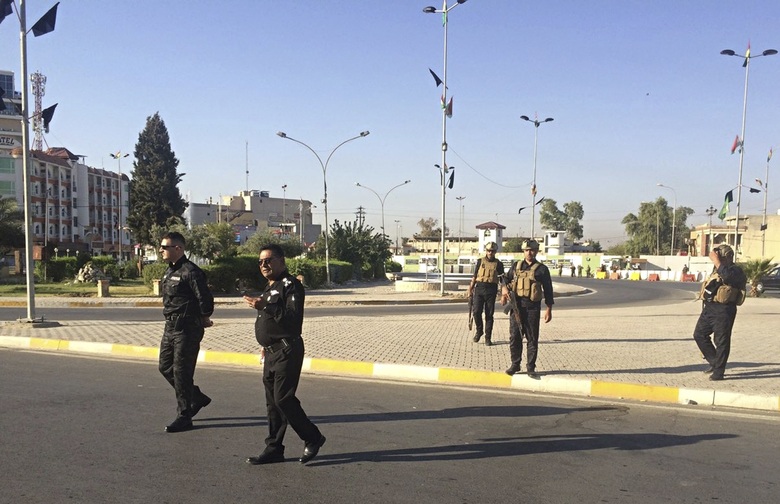By Fazel Hawramy for Al Monitor. Any opinions expressed here are those of the author and do not necessarily reflect the views of Iraq Business News.
For now, Prime Minister Haider al-Abadi has pushed the separatist Kurds back and extended the power of the federal government once again to the areas considered disputed under the Iraqi Constitution. The Kurds are beaten. But the key question is how long this equilibrium will last.
The Kurds in Kirkuk and other disputed areas are disillusioned with the Kurdish parties, including the leadership of both the Patriotic Union of Kurdistan (PUK) and the Kurdistan Democratic Party (KDP). No Kurdish leader has come forward to apologize to their constituents for what went wrong, let alone attempt to explain what really happened on Oct. 15-16, when thousands of peshmerga retreated and left the people of Kirkuk to their own devices.
Meanwhile, the Turkmens in Kirkuk and nearby Tuz Khormato have become united through their opposition to the Sept. 25 Kurdish independence referendum and other perceived Kurdish excesses. But as the effect of Baghdad’s victory over the Kurds wears off, the old animosities and the regional states’ rivalries in Kirkuk are bound to resurface.
The Turkmens are divided along sectarian lines. The Shiite-dominated Popular Mobilization Units (PMU) that are protecting the Shiite Turkmens in the south of Kirkuk and the city of Tuz Khormato — the major Kurdish-Turkmens flashpoint — are directly linked to Tehran. On the other hand, most of the Sunni Turkmens in Kirkuk rally behind the Iraqi Turkmen Front, which has strong links to Ankara.
“There is no denying that, more than all groups in Iraq, the Turkmens are supported by Turkey. We are part of the Turkish people,” Ali Mahdi, the spokesperson for the Iraqi Turkmen Front told Niqash in May. “And we have always called upon them [Turkey] to play a role in developments taking place here.”
In 2014, the Turkmens failed to agree on a Turkmen candidate for the head of the Kirkuk provincial council, which could have prevented the Aug. 29 inclusion of the disputed city in the Sept. 25 Kurdish independence referendum. In parallel, the deep-rooted tension between the Kurds and the Turkmens, particularly in Tuz Khormato, has intensified as the threat of the Islamic State (IS) has receded.




